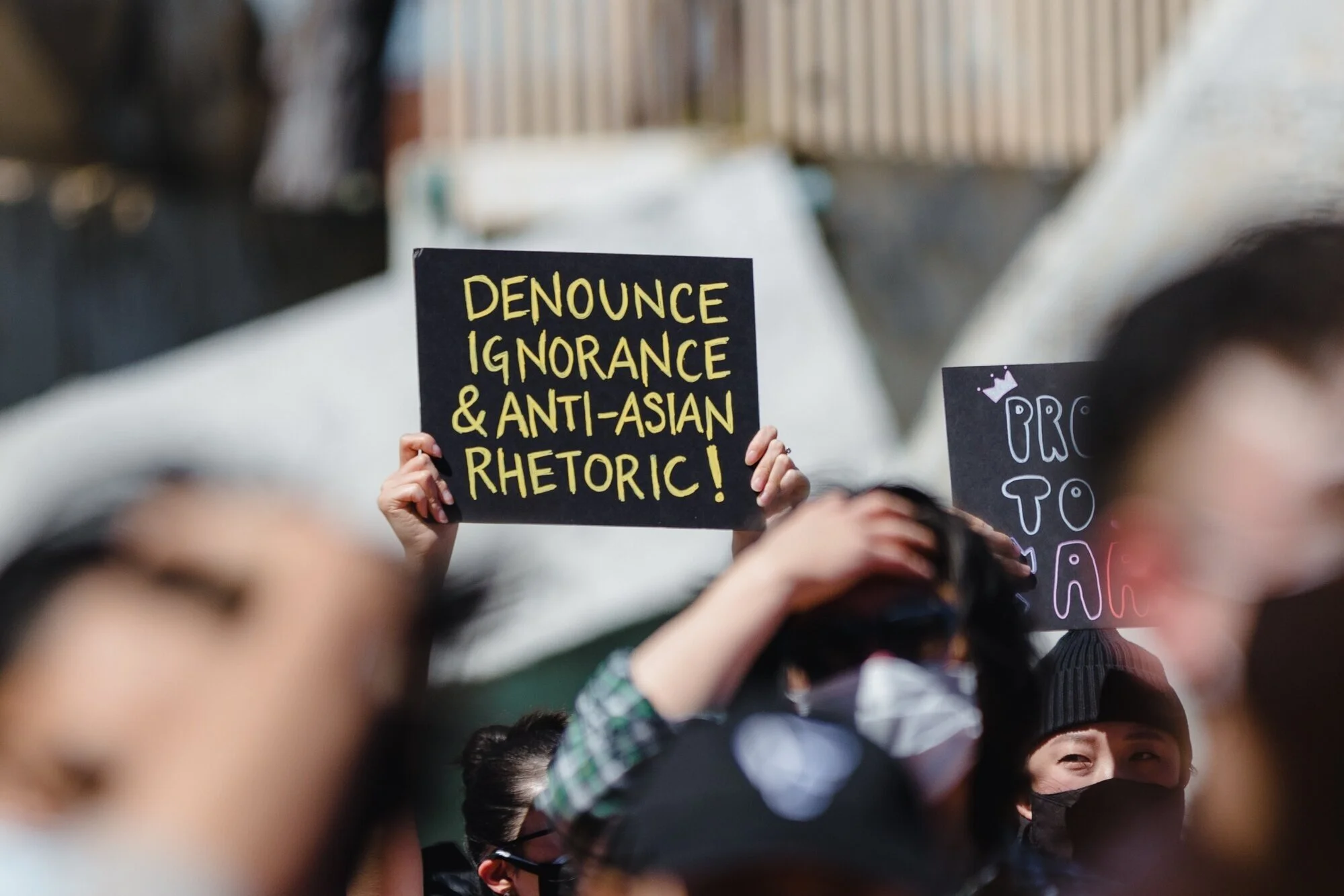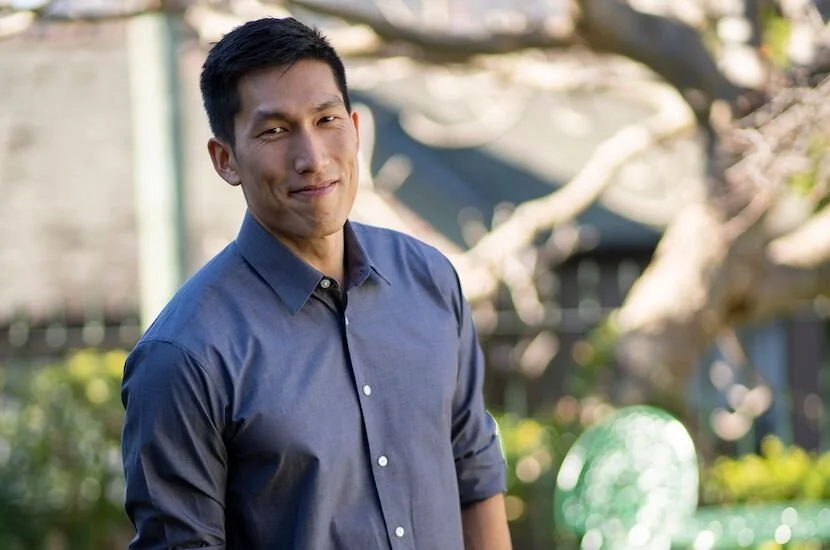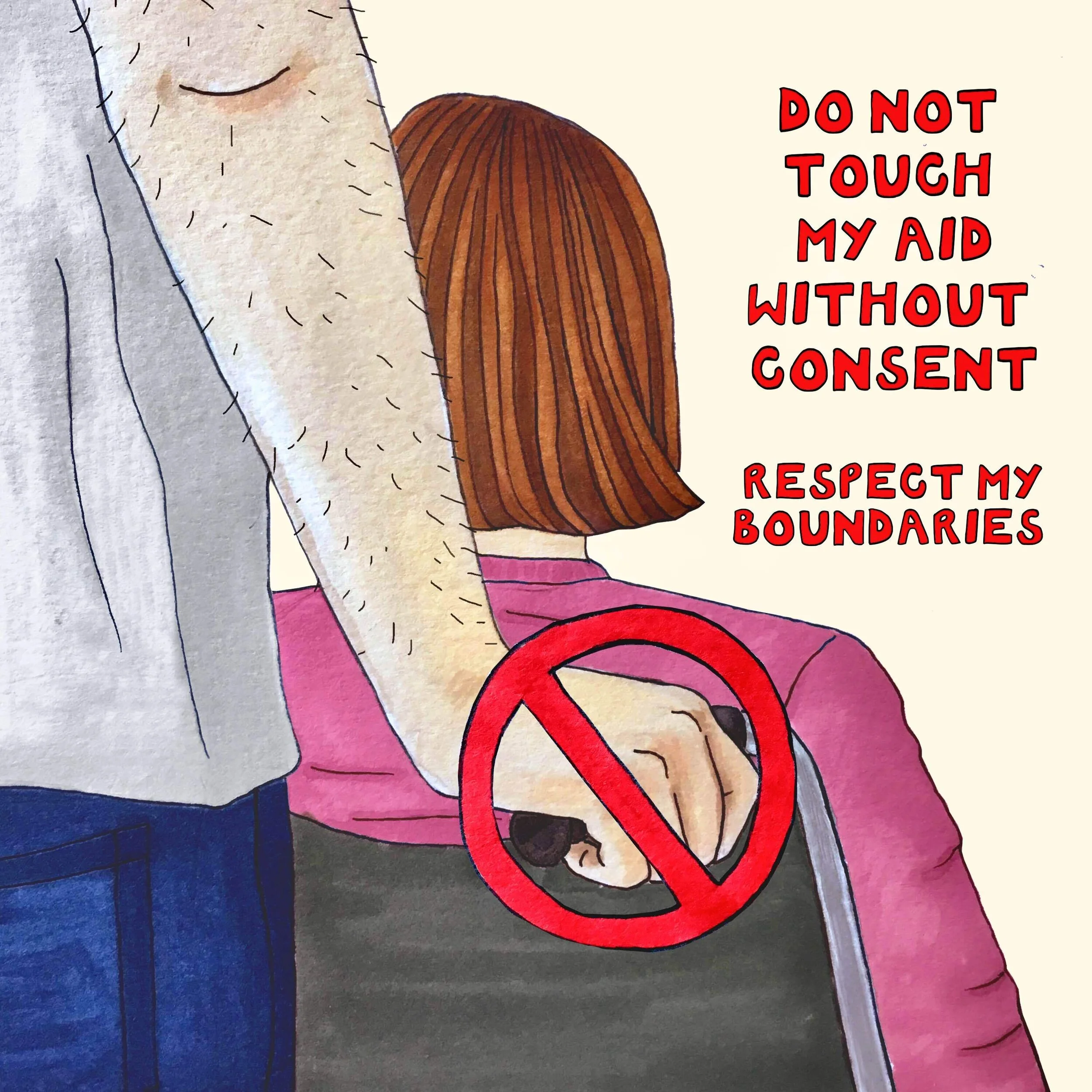We’re featured in frankie magazine’s latest issue! If you’ve already managed to grab frankie’s issue 107, you may have seen a wonderful illustration, created by INAC’s very own content creators, Angela McGinness and Raina Shauki! The illustration is for our new project funded by the City of Melbourne, Your Stories Matter. Continue reading to learn more about Angela and Raina’s experiences of creating the illustration!
Read MoreIt can often be difficult to know what to say or do when someone tells you about their experience of street harassment, so we’ve compiled six ways you can easily support someone following an incident of harassment. Continue reading to learn how looking out for each other, actively listening, and sharing experiences can bring us one step closer to achieving street justice for all.
Read MoreOur guest contributor, Malaika, shares their experience of street harassment and violence on a winter evening during the COVID-19 pandemic. Continue reading to understand how racialised street harassment and violence can evoke feelings of shame and fear for people of colour. Malaika is a mixed-race producer, podcaster and musician living on Gadigal Land. They also host the Womb for Improvement podcast with their twin.
Read MoreHave you ever wondered what navigating the streets of Melbourne looks like for the average commuter? ‘Navigating the Streets of Melbourne’ is a photo collection by Kimboid, a photographic artist based in Melbourne. It features five images that capture people travelling to and from the city of Melbourne on public transport. To discover how people navigate Melbourne’s public spaces, check out Kimboid’s collection.
Read MoreJoin INAC’s CEO and Co-Founder, Aakanksha, as she reflects on the last two years to celebrate INAC’s second birthday. In this touching and moving piece, Aakanksha shares her own personal story, the tale of how INAC was formed and her key learnings from the past two years of blood, sweat and tears.
Read MoreIn this piece, our guest contributor Ria shares one of her many street harassment experiences. Through her vivid imagery and storytelling, readers feel as if they are experiencing Ria’s pain and fear alongside her during her walk home from therapy. Ria is a mixed-race and demisexual psychologist, podcaster and mental health activist living on Gadigal Land. She also hosts the Womb for Improvement podcast with her twin.
Read MoreAnushka Phal, Psychologist and Co-Founder of the Shore Project Podcast, explores the impact of the COVID-19 pandemic on the economy and people across the world. Anushka particularly highlights the increased racism against Asian Australian communities, which has been an additional mental health strain for these communities alongside other challenges of the pandemic.
Read MoreMark, our media officer, sits down with Jay Ooi to discuss his experience growing up Asian in Australia and the importance of intersectionality in storytelling. Jay is the host of Shoes Off, an award-winning podcast exploring Asian Australian culture and what it means to be Asian in Australia.
Read MoreCheryl, one of our community liaison officers, has a chat with Claire Lock about her experience as a young person living with a disability and her tips for young people who are interested in getting involved with advocacy and activism work. Claire is a fierce advocate for young people with disabilities and a member of the Women With Disabilities Australia (WWDA) Youth Advisory Network.
Read MoreIn the third instalment of our deep dive series, our community liaison officer Cheryl chats with Hala Abdelnour, founder and CEO of the Institute of non-violence, about the importance of taking an intersectional approach when supporting multi-cultural and multi-faith families experiencing family violence. Originally broadcast as a Facebook livestream on Friday 15 Jan 2021, this conversation unpacks the complexities of multi-cultural communities and intersection of family violence and the migration process.
Read MoreThis collaborative piece was born out of the very first meeting between It’s Not a Compliment and Girls’ Uniform Agenda (GUA). Connecting the dots between the policing of girls’ school uniforms, and street harassment, we explore how children are taught to accept cultures of victim-blaming and inequality from a young age. In this piece, Amy Blain, the Director and ACT Representative of GUA, works alongside our Community Liaison Officer, Alex, to guide you through this bigger picture.
Read MoreTo end our 16 days of activism against gender-based violence and mark International Human Rights Day, renowned human rights activist Khadija Gbla shared with us her experiences of street harassment and why she believes that tackling this issue is an important step in the fight against gender-based violence.
Read MoreIn line with Sexual Violence Awareness Month, this blog piece explores how sexual violence and street harassment exist on the same spectrum of gender-based violence and reflect existing power structures within our society. Our community liaison officers, Alex and Cheryl, take a closer look at the community attitudes and culture which contribute to the normalisation of street harassment and sexual violence and propose ways we can resist these harmful mindsets by opening up uncomfortable conversations with our community and peers.
Read MoreAs street harassment has garnered more attention in countries around the world, governments have increasingly turned to criminalisation as a way of curbing its prevalence in our societies. In this blog post, our co-founder Annelise Lecordier explores why this approach isn’t the be-all end-all solution it is often upheld as - resulting instead in some very serious shortfalls when it comes to addressing street harassment.
Read MoreStarted in 2018, Private Places, Public Spaces is a Sussex-based project led by Dr Hannah Mason-Bish and Dr Amy Kavanagh aimed at documenting the experiences of disabled women and non-binary people with intrusive behaviours, harassment and unwanted touching in public spaces. Through the collection of personal stories, the research project has been exploring the nature of these interactions and the ways in which they might affect or limit disabled women and non-binary people’s freedom of movement. In this piece, Dr Hannah Mason-Bish shares with us how the project came about and the early findings that have come out of it.
(Photo Credit: Amelia Butlin)
Read MoreAs it’s Homelessness prevention week, we’re highlighting one of the fantastic organisations in Melbourne who have been doing incredible work in the homelessness sector. We had the chance to talk with Olivia Myeza from Hope Street about what homelessness currently looks like in Melbourne and what the future holds. The staff at Hope Street, like many homelessness services, are currently front of the line during the pandemic, ensuring the most vulnerable members of society have access to shelter and protection at this critical moment in time. Young people are disproportionately represented in the homeless population; 39% of Victorians counted as homeless on Census night were under 25 years old. The pandemic has exacerbated the existing affordable housing crisis and unemployment, and this has hit young people the hardest. It’s clear that organisations like Hope Street are more vital than ever in our communities.
Read MoreIn this piece, Professor Laura Logan explores the links that exist between ending street harassment and ensuring the enjoyment of our full democratic rights. Using her own personal experiences as a starting point, Laura examines the role that street harassment plays in policing ‘difference’ in public spaces and how, through this process of demarking their use as to be enjoyed only by some, street harassment can become a blow to the very concept of living democracy.
Read MoreIn this piece, Tina Dixson, a feminist academic, PhD Candidate at ANU and the Chair of the Forcibly Displaced People Network, highlights the discrimination and sexual harassment experienced by queer refugee women, in the context of safety promised by a protection visa - which has not been fulfilled. She interrogates the ways in which normalised homophobia and transphobia have intersected with patriarchal norms to harm queer refugee women in precarious situations.
Read MoreAs protests in support of the Black Lives Matter movement spread around the world, Simone Kolysh contextualises their years of research on street harassment as part of a larger call to dismantle violence in public spaces. In this piece, they reflect on how violence in the public sphere flows in and out of violence experienced in private spaces while identifying the common thread that runs between all forms of street harassment - a need for some to exert power over their chosen targets.
Read MoreToday marks the 2-month anniversary of the launch of the COVID-19 Racism Incident Report survey. Led by Erin Wen Ai Chew of the Asian Australian Alliance in collaboration with Osmond Chiu, the survey sought to create a database of racist incidents experienced by Asian Australians in the months following the pandemic’s spread. The goal was to provide a more accurate representation of the increasing number of racially-motivated abuse, including numerous instances of street harassment, that Asian Australians were being subjected to at a time where rhetoric around the virus was particularly divisive. In this piece, Erin shares with us some of the findings that have come out of the survey so far and reflects on what it says more generally about racism in Australia.
Read More



















